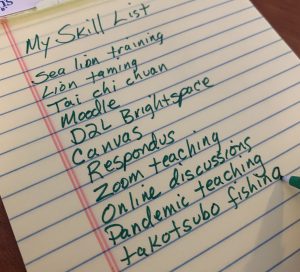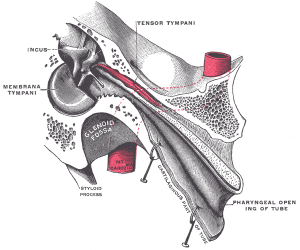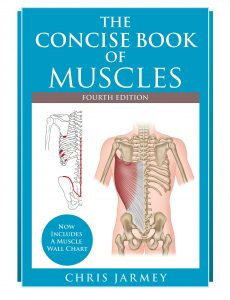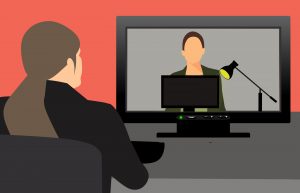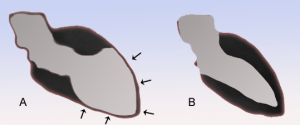Host Kevin Patton uses the analogy of circus animals adapting to new or misplaced props to help him prepare to move courses back to campus. A lesson on resilience is just what we need right now. Book Club: Southwick & Charney's Resilience book.
- 00:54 | Back to Campus Pandemic Teaching
- 21:51 | Sponsored by AAA
- 22:41 | Resilience
- 30:51 | Sponsored by HAPI
- 31:55 | Book Club: Resilience
- 34:13 | Sponsored by HAPS
- 35:02 | Staying Connected
Please take the anonymous survey: theAPprofessor.org/survey
Questions & Feedback: 1-833-LION-DEN (1-833-546-6336)
Follow The A&P Professor on Twitter, Facebook, Blogger, Nuzzel, Tumblr, or Instagram!
Episode | Show Notes
More than education, more than experience, more than training, a person’s level of resilience will determine who succeeds and who fails. (Steven M. Southwick & Dennis S. Charney)Back to Campus Pandemic Teaching
21 minutesKevin uses his experience as a wild animal trainer in introducing sea lions, lions, and tigers to new furniture, props, and behavior as an analogy for how to get used to the new "pandemic teaching" environment as we return to campus. And, perhaps more importantly, how to get our students comfortable in the changed campus environment.
- Check out the Stealth board at: amzn.to/2X4Q3FI
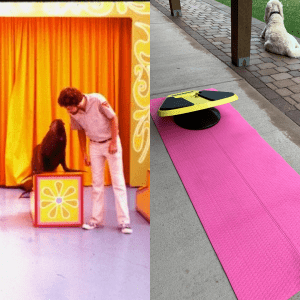
Sponsored by AAA
1 minuteA searchable transcript for this episode, as well as the captioned audiogram of this episode, are sponsored by the American Association for Anatomy (AAA) at anatomy.org.
Don't forget—HAPS members get a deep discount on AAA membership!

Resilience
8 minutesResilience is something on our minds these days, right? Kevin discusses and article outlining research in what helps us build resilience—and how we can help our students build resilience.
- What Makes Some People More Resilient Than Others (newspaper article) my-ap.us/2COBkIt
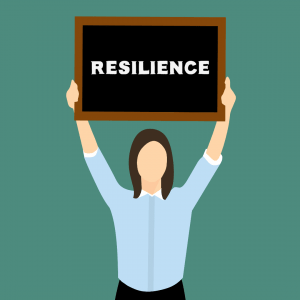
Sponsored by HAPI Online Graduate Program
2.5 minutesThe Master of Science in Human Anatomy & Physiology Instruction—the MS-HAPI—is a graduate program for A&P teachers, especially for those who already have a graduate/professional degree. A combination of science courses (enough to qualify you to teach at the college level) and courses in contemporary instructional practice, this program helps you be your best in both on-campus and remote teaching. Kevin Patton is a faculty member in this program. Check it out!
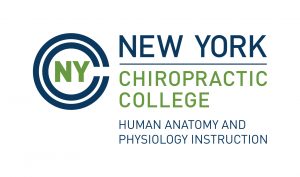
Book Club
2 minutes- Resilience: The Science of Mastering Life's Greatest Challenges
- by Steven M. Southwick & Dennis S. Charney
- amzn.to/3f2sjbF
- For the complete list (and more) go to theAPprofessor.org/BookClub
- Special opportunity
- Contribute YOUR book recommendation for A&P teachers!
- Be sure include your reasons for recommending it
- Any contribution used will receive a $25 gift certificate
- The best contribution is one that you have recorded in your own voice (or in a voicemail at 1-833-LION-DEN)
- Contribute YOUR book recommendation for A&P teachers!
- For the complete list (and more) go to theAPprofessor.org/BookClub
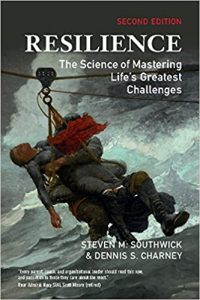
Sponsored by HAPS
1 minuteThe Human Anatomy & Physiology Society (HAPS) is a sponsor of this podcast. You can help appreciate their support by clicking the link below and checking out the many resources and benefits found there. Watch for virtual town hall meetings and upcoming regional meetings!
Anatomy & Physiology Society
theAPprofessor.org/haps

If the hyperlinks here are not active, go to TAPPradio.org to find the episode page.
- More details at the episode page.
- Transcript available in the transcript box.
- Listen to any episode on your Alexa device.
- Need help accessing resources locked behind a paywall? Check out this advice from Episode 32 to get what you need! https://youtu.be/JU_l76JGwVw?t=440
Click here to listen to this episode—or access the detailed notes and transcript.

